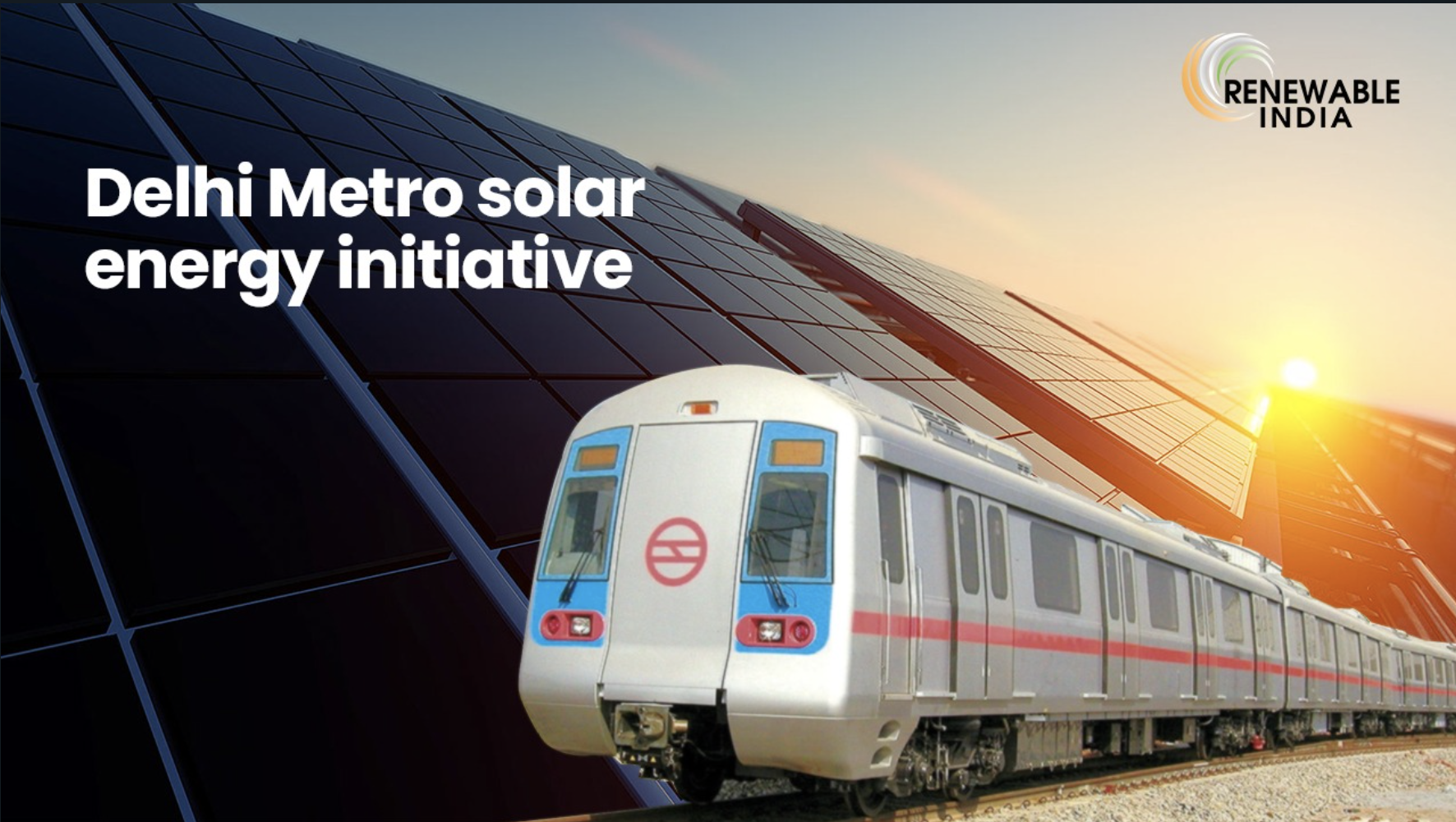
According to the report, India is currently ranking fourth in the total solar installation at 60.4 GW surpassing Germany which has 59.2 facilities of solar power in the country. Not to forget, the country India’s solar power capacity in the world and Asia is ranked third and second respectively. And this is a result of the country proving its mettle by building the largest solar parks in the world and installing solar panels on the tops of trains and stations as well as airports.
Nonetheless, international investors still see India as not a perfect contender due to climate change and the long time it will take to become a carbon-free nation like significant superpowers. It’s imperative to discuss the future of India in the renewable energy context and find answers to the questions – Is India capable of becoming comparable to its green and clean counterparts? Are there any technological advancements that can make India a hub of renewable energies?
From launching the Pradhan Mantri Kisan Urja Suraksha evam Utthaan Mahabhiyaan (PM KUSUM) scheme to granting incentives, the Indian government took many lucrative measures for the installation of solar energy. However, the leading action taken by the government in the renewable energy realm is enabling Delhi Metro Station partially powered by solar energy. The Delhi Metro Rail Corporation has announced that solar energy will be utilized for running the entire operation of the Delhi Metro station.
As of now, sixty percent of the overall functions of the Delhi metro station are running via solar energy. Not to forget, the Delhi metro station is regarded as the first metro station in the world that is getting all its electricity needs from solar power.
Mr. Anuj Dayal, Communication head of Delhi metro is working on this project for more than five years now. The man is central in bringing about positive changes in the environment by building more solar power stations across the capital state and reducing the carbon footprint in the world.
Hence, due to the impact, the Delhi Metro station is making on the world, a piece detailed knowledge on the respective initiative is necessary.
The government-owned Delhi Metro Station has its roots in 2014 when the respective government started to harness the solar energy potential of its metro stations rooftops by inviting bids from private developers. And gradually commissioned an installed capacity of 20 MW peak of solar energy on roofs of metro stations, depots, and other offices.
DMRC installed its first solar power plant on the metro station in 2014 at the Dwarka sector 21 metro station. However, the facility is now available to 14 metro depots, 3 residential complexes, and 60 metro stations.
The 750-megawatt solar power plant in Rewa, Madhya Pradesh is responsible for supplying solar energy to DMRC. As a result, the metro station received 27 MW of solar power that helped in running the violet line completely via sun energy. This is the point when the supply from Rewa increased over time. According to the reports, DMRC received 99 MegaWatt of solar energy regularly. In this way, DMRC will be able to receive 345 million of solar power yearly at a very nominal cost.
Talking about the part contributed by Rewa, about 75 MW of solar power is contributed by the power plant in Madhya Pradesh. And 25 MW of solar energy is supplied via solar energy plants installed on various stations. This accounts for 100 MW of solar energy utilized in total.
Despite the above developments, India is not viewed as an ideal contender for investment from a renewable energy perspective. According to the investors, the country has to prove its renewable presence at many levels in the future as it is still not up to the mark when compared to its counterparts.
Leave a Reply